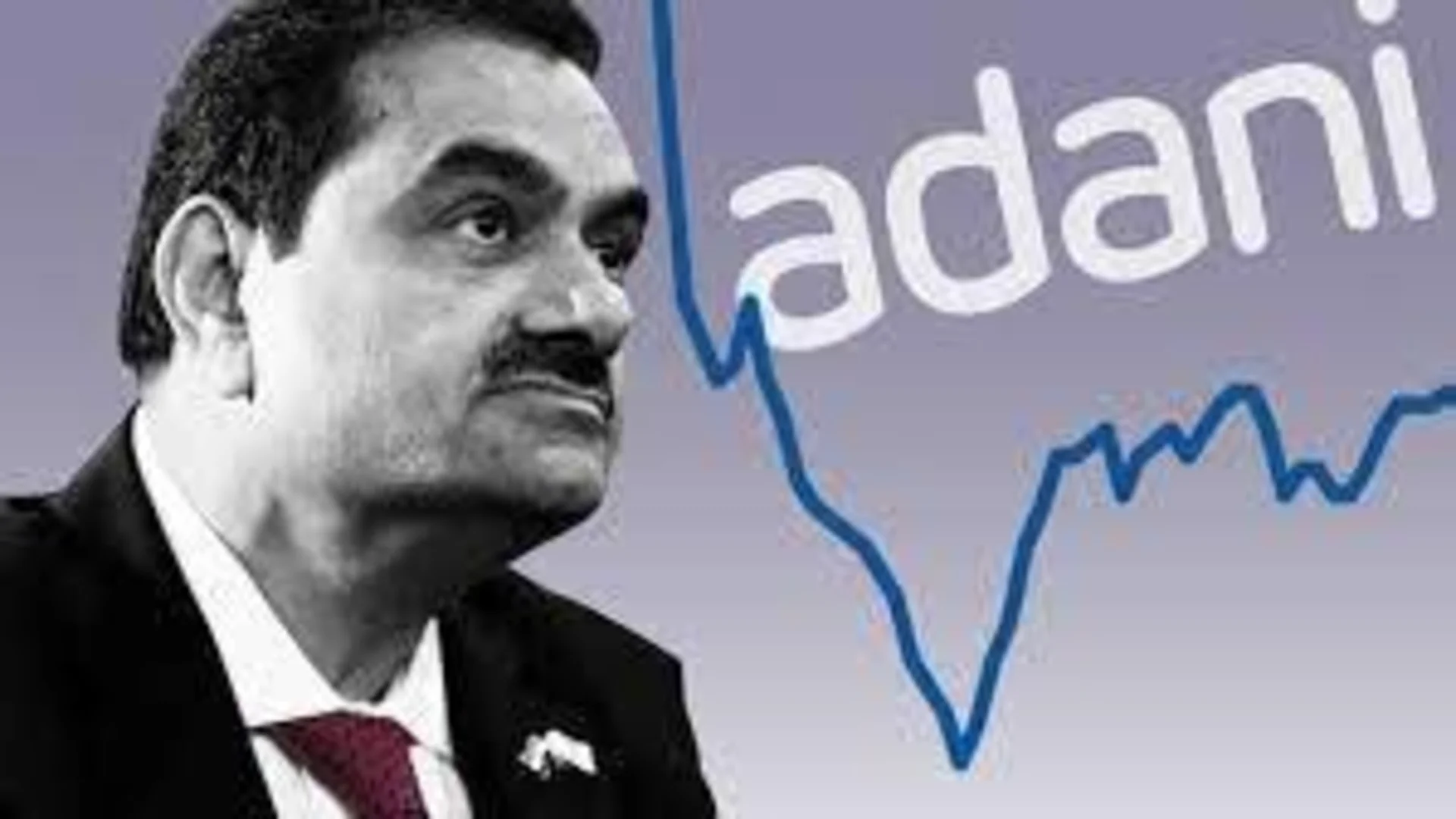
The Jharkhand High Court in the case M/s. Sevensea Vincom Private Limited Verses Principal Commissioner of Income Tax observed and has ruled that the very initiation of reassessment proceeding is wholly without jurisdiction.
The court in the case observed that the notice issued under section 148 is barred by the limitation period prescribed under section 149 of the Income tax Act, 1961.
The Division bench comprising of Justice Rongon Mukhopadhyay and Justice Deepak Roshan in the case observed that the three-year time period of Assessment Year 2016-17 had ended on March 31, 2020. Thus, the Impugned Notice, dated July 21, 2022, is beyond 3 years’ time period.
Further, the court sated that the said notice is for alleged escaped income for an amount of Rs. 39,21,450/- which is less than Rs. 50,00,000/- and thus, the said notice cannot take the benefit of extended period of limitation which is beyond three years till ten years. (Para 10)
Facts of the Case:
The assessee company was issued notice under section 148 of the Act.
The assessee asked the department for reason to believe, in response to which the Revenue issued a letter deemed to be a notice under Section 148A(b) of the Act. Therefore, no such information and material relied upon by the Department were provided to the assessee.
The assessee submitted a detailed reply raising objection and has pointed out major discrepancies. Rejecting those submissions, the Department passed the order under section 148A(d) and has issued demand notice.
The bench in the case observed and has found that the notice issued under section 148(b) as well as the order passed under section 148(d) for the alleged income, which has escaped assessment, amounting to Rs.39,21,450/- for the Assessment Year 2016-17.
Further, the bench observed that the notice issued under section 148A(b) as well as the order passed under section 148A(d) clearly indicates that the alleged income, which has escaped assessment, is only Rs. 39,21,450/-.
Adding to it, the bench stated that any notice which is issued under Section 148 of the I.T Act, 1961 is normally three years from the end of the relevant assessment year, in this case Assessment Year 2016-17 and extendable beyond 3 years till 10 years, provided the income which has escaped assessment is Rs. 50,00,000/- or more which is absent in the impugned Notices.
The bench also highlighted the well-established principle of law that if the foundation of any proceeding is illegal and unsustainable in law, then all consequential proceedings or order are also bad in law.
Therefore, the ITAT allowed the assessee’s petition and has concluded that Reassessment Order and the Notice of Demand are liable to be quashed for the sole reason that the very initiation of reassessment proceeding is beyond jurisdiction. The counsel, Advocate Rahul Lamba, Advocate Aditya Mohan appeared for the Petitioner.
The counsel, Advocate R.N. Sahay, R.N. Sahay & Anurag Vijay, represented the respondent or revenue.















